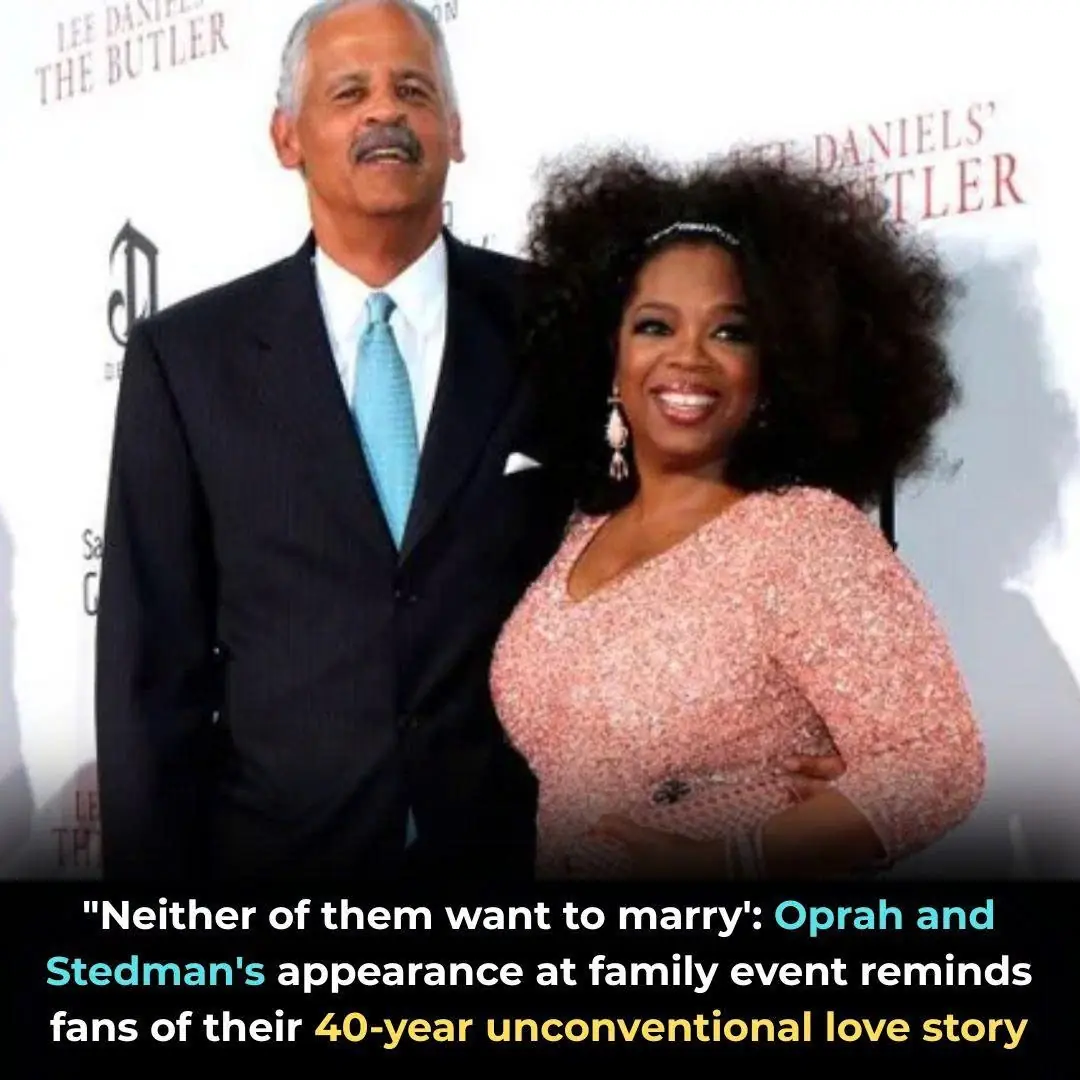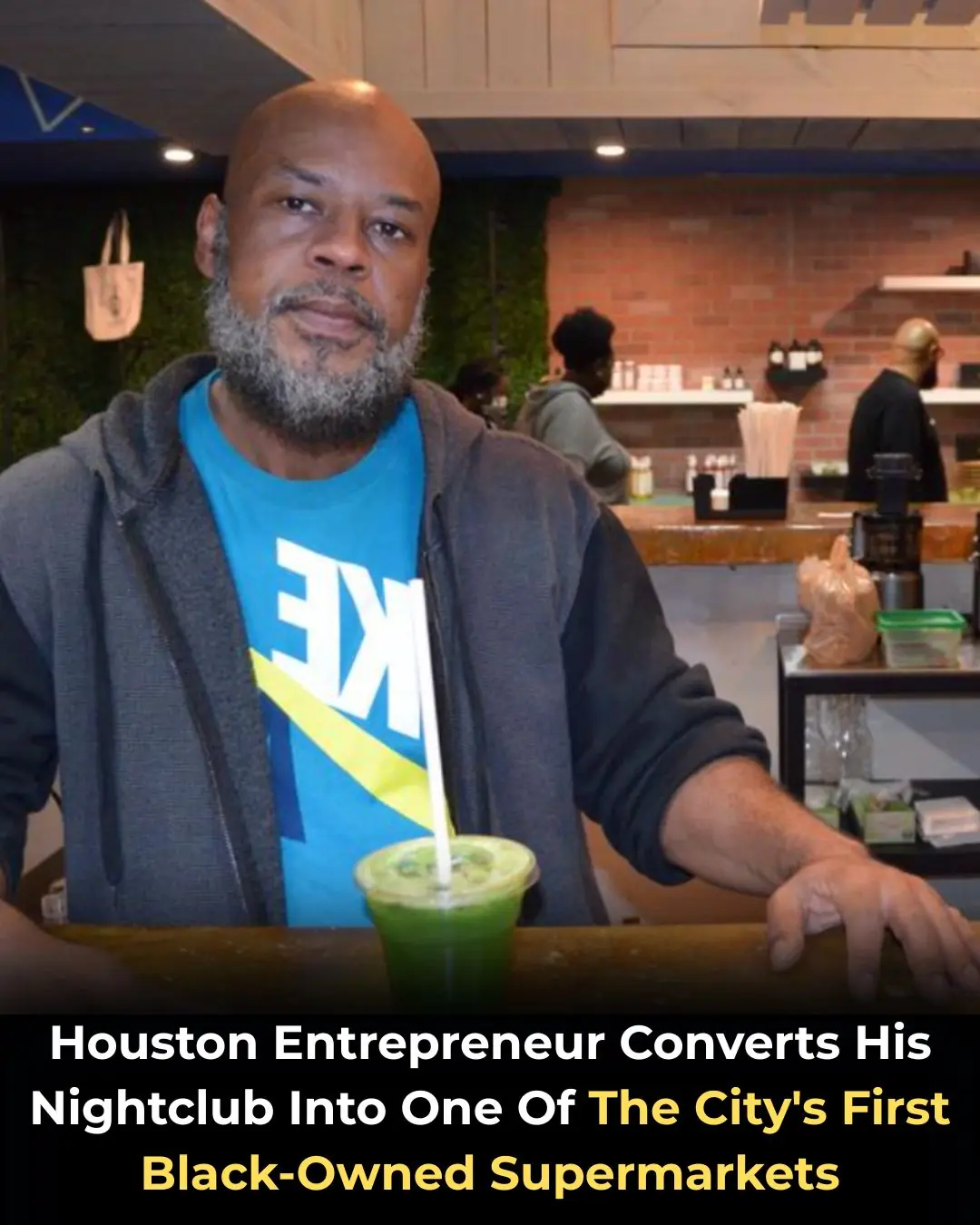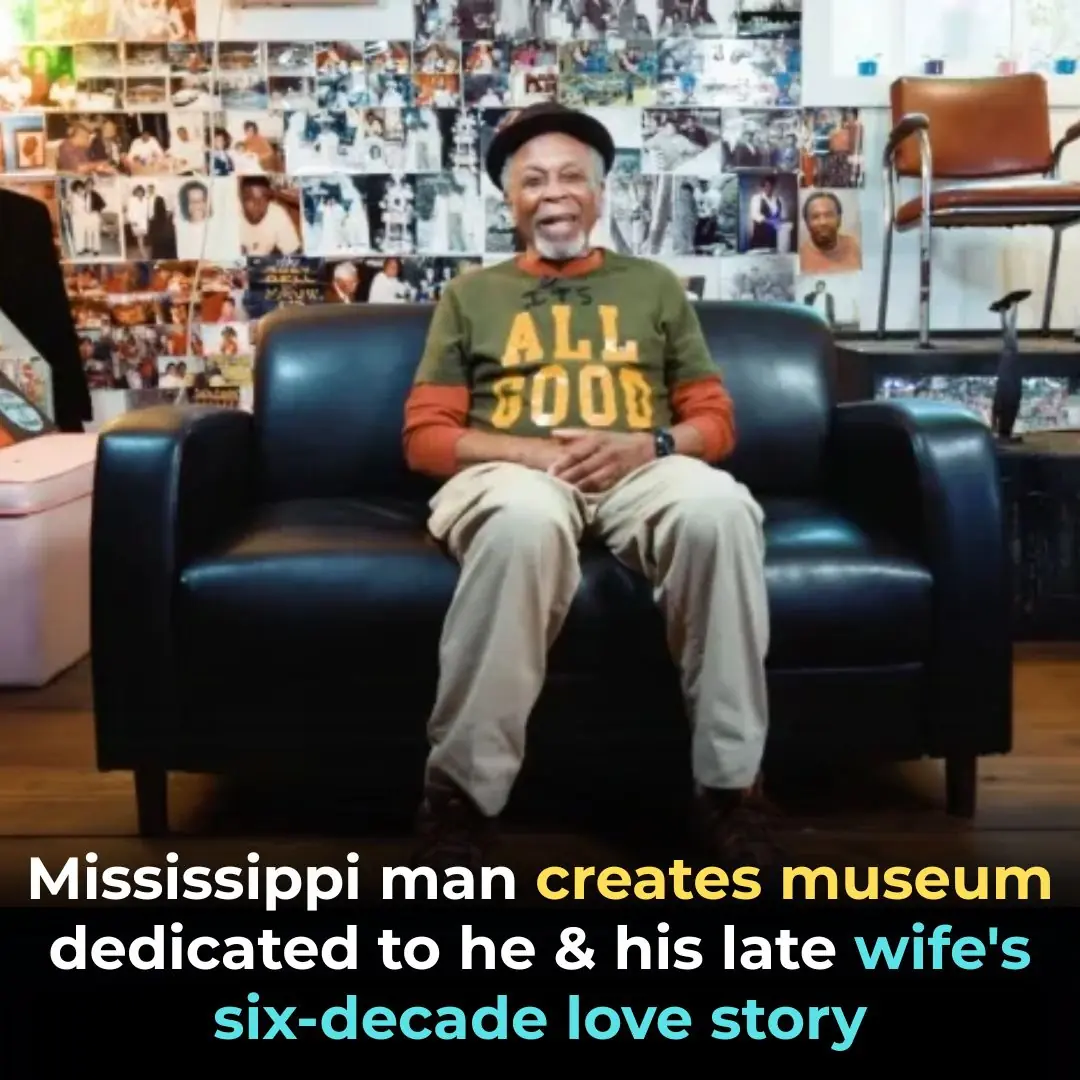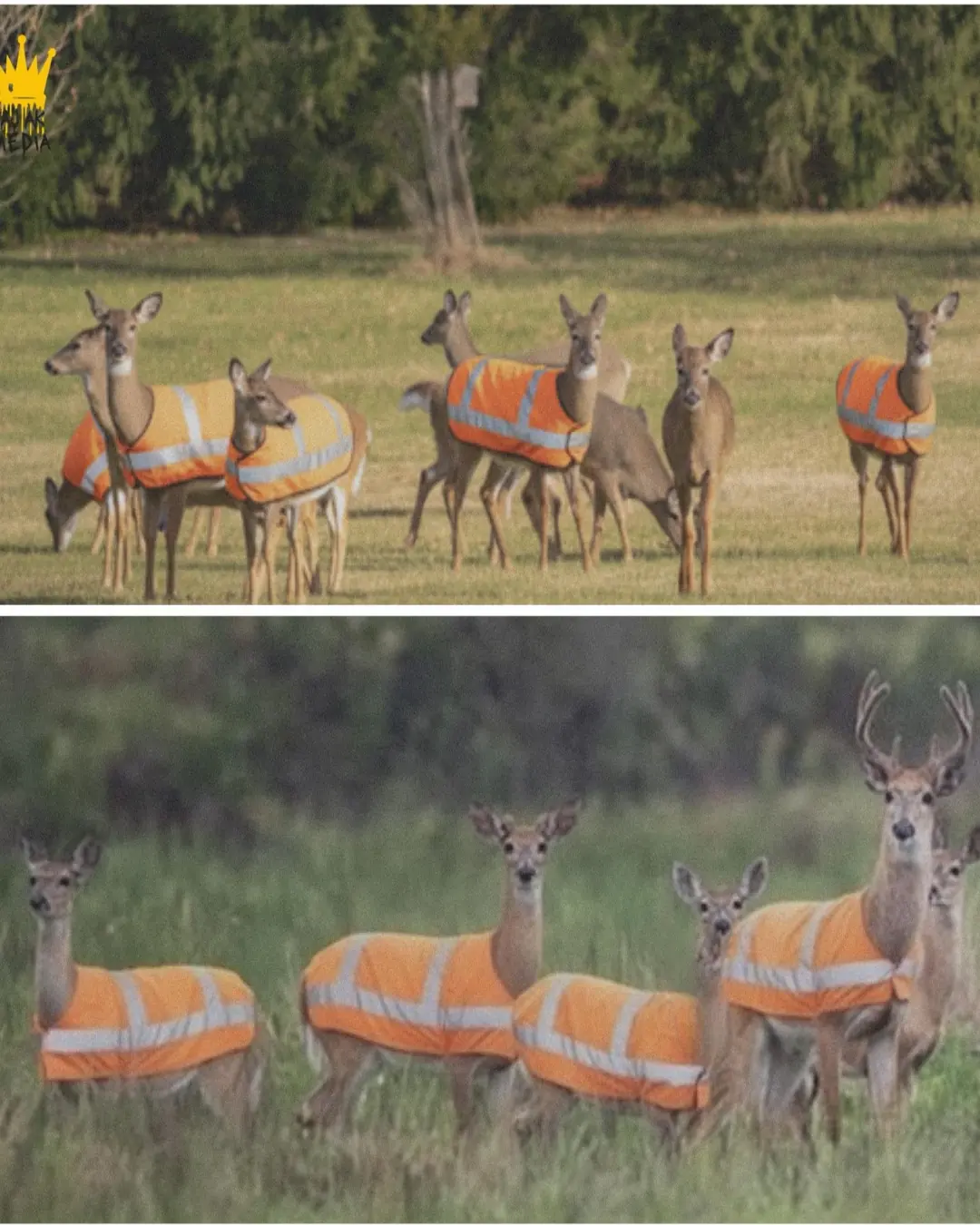
Marcus Freeman Makes History as First Black Coach to Reach College Football Finals
Marcus Freeman Is Blazing a Trail for the Next Generation of Black Coaches
At just 39 years old, Marcus Freeman is rewriting college football history — and doing it with grace, grit, and purpose. Now in his third year as head coach at Notre Dame, Freeman continues to make waves both on and off the field (NBC News).

Last week, the Fighting Irish captured a dramatic 27–24 victory over Penn State in the Orange Bowl semifinal, securing their ticket to the college football national championship. The win not only improved Freeman’s impressive overall record to 34–9, but also cemented his place in history as the first Black and first Asian American head coach to lead a team to the national title game (ESPN).
“It’s an honor,” Freeman told reporters after the win. “And I hope that all coaches — minorities, Black, Asian, white, it doesn’t matter — continue to get opportunities to lead young men like this.”
A Heritage Rooted in Strength and Sacrifice
Freeman’s story is deeply tied to his upbringing. The son of an Air Force veteran father and a South Korean immigrant mother, he grew up with a sense of discipline, humility, and service that shaped his leadership style.
Born in Dayton, Ohio, Freeman said he didn’t fully understand his Korean heritage as a child but learned to embrace both sides of his identity as he matured. “I did Taekwondo, a Korean martial art, growing up,” he once shared. “But I also did sports and embraced my African American side.”
He credits his father’s military background with teaching him the importance of hard work, accountability, and mental toughness — values that became the backbone of his coaching philosophy. Meanwhile, his mother’s immigrant experience instilled in him selflessness and perseverance, lessons he continues to apply in mentoring his players (The New York Times).
“My mom taught me about sacrifice,” Freeman explained in an interview. “She gave up so much to come to this country, and I try to carry that with me every day — the idea that success isn’t just about you; it’s about lifting others.”
Leading with Purpose
Before becoming head coach, Freeman served as Notre Dame’s defensive coordinator, earning widespread respect for his intensity and tactical intelligence (Sports Illustrated). His rapid rise in the coaching ranks wasn’t accidental — it was the result of meticulous preparation and genuine connection with his athletes.
Under his leadership, Notre Dame has built one of the most balanced programs in college football, blending academic excellence with athletic dominance. Freeman is known for fostering a player-first culture, one where discipline meets empathy — a reflection of both his military family roots and his multicultural upbringing.
“He’s one of those coaches who doesn’t just want to win games; he wants to shape men,” one assistant coach told The Athletic. “That’s what makes him special.”
Freeman has also become a symbol of progress in college athletics, where the representation of Black head coaches — particularly at powerhouse programs — remains limited. As of the 2024 season, only a small fraction of head coaches in the Football Bowl Subdivision (FBS) were Black or of Asian descent (USA Today).
Eyes on the Championship — and the Future
With Notre Dame advancing to the national championship game on January 20, Freeman remains focused on the bigger picture: teamwork, growth, and legacy. The Irish will face the winner of the Ohio State–Texas semifinal — a matchup steeped in history for Freeman, who once played linebacker at Ohio State under legendary coach Jim Tressel.
Still, Freeman insists this moment isn’t about him. “This ain’t about me,” he said. “This is about us. We’re going to celebrate what we’ve done because it’s so special.”
As he prepares for the biggest game of his coaching career, Freeman’s story continues to inspire. His journey — from a young biracial athlete in Ohio to the first Black and Asian American coach to reach the pinnacle of college football — stands as a testament to the power of representation, perseverance, and purpose.
“I’m proud of what this team stands for,” Freeman reflected. “If our success opens doors for others, then that’s the real victory.”
News in the same category


5 Common Foods That May Turn Toxic If Left Overnight

Jill Halfpenny’s thriller The Feud lands on Netflix after ‘dividing fans’ on Channel 5

‘Put that $100 Back’: Black Dad Teaches Young Daughter an Important Lesson on Race and Consequences That She’ll Never Forget, Video Shows

‘Neither of Them Want to Marry’: Oprah and Stedman’s Appearance at Family Event Reminds Fans of Their 40-Year Unconventional Love Story

The Complete Seven: This Couple Adopted Seven Siblings Who Were Separated By Foster Homes

Houston Entrepreneur Converts His Nightclub Into One Of The City’s First Black-Owned Supermarkets

Here’s a Roundup of the Best 2023 Halloween Costumes

Mississippi Man Creates Museum Dedicated to He & His Late Wife’s Six-Decade Love Story

Keeping these 4 things on your bedside table can easily cause insomnia and hair loss

Exact Age You Should Cease Beer Consumption

Taylor Swift and Travis Kelce preparing for 'wedding to end all weddings'

Landman’ stars Billy Bob Thornton and Sam Elliott talk Taylor Sheridan’s shocking Paramount exit

Top 5 revelations from Shetland's latest episode - blackmail, secret affair and devastating house fire

MARSHAWN KNEELAND’S GIRLFRIEND IS CURRENTLY PREGNANT WITH THE COUPLE’S CHILD

I'm A Celeb Kelly Brook called off wedding to famous ex minutes before ceremony

Kay Adams opens up about personal life in revealing interview — and what’s she’s looking for in a boyfriend

I’m A Celeb 2025 to be ‘toughest’ series yet as bosses scrap iconic feature: ‘They are going to have to fight more’

Summary: 4-Minute Hack to Remove Oven Grease (No Scrubbing Needed)
News Post

Deal or No Deal player invites Stephen Mulhern to her wedding as she wins five-figure sum on ITV show

5 Common Foods That May Turn Toxic If Left Overnight

Jill Halfpenny’s thriller The Feud lands on Netflix after ‘dividing fans’ on Channel 5

Eating beans daily slashes your risks of heart disease and diabetes, study finds

A Father’s Unusual Mission: Reflective Vests for Deer After Tragedy

A Golden Retriever’s Quiet Act of Kindness

The Racer and the Cheetah.

The Last Lion Left Behind.

‘Put that $100 Back’: Black Dad Teaches Young Daughter an Important Lesson on Race and Consequences That She’ll Never Forget, Video Shows

‘Neither of Them Want to Marry’: Oprah and Stedman’s Appearance at Family Event Reminds Fans of Their 40-Year Unconventional Love Story

The Complete Seven: This Couple Adopted Seven Siblings Who Were Separated By Foster Homes

Houston Entrepreneur Converts His Nightclub Into One Of The City’s First Black-Owned Supermarkets

8 Early Signs of Mild Kidney Dysfunction Many People Overlook Until It Becomes Serious

Here’s a Roundup of the Best 2023 Halloween Costumes

Mississippi Man Creates Museum Dedicated to He & His Late Wife’s Six-Decade Love Story

How To Get Rid of Phlegm And Mucus

Here’s The Right Time To Eat Everything

Keeping these 4 things on your bedside table can easily cause insomnia and hair loss
